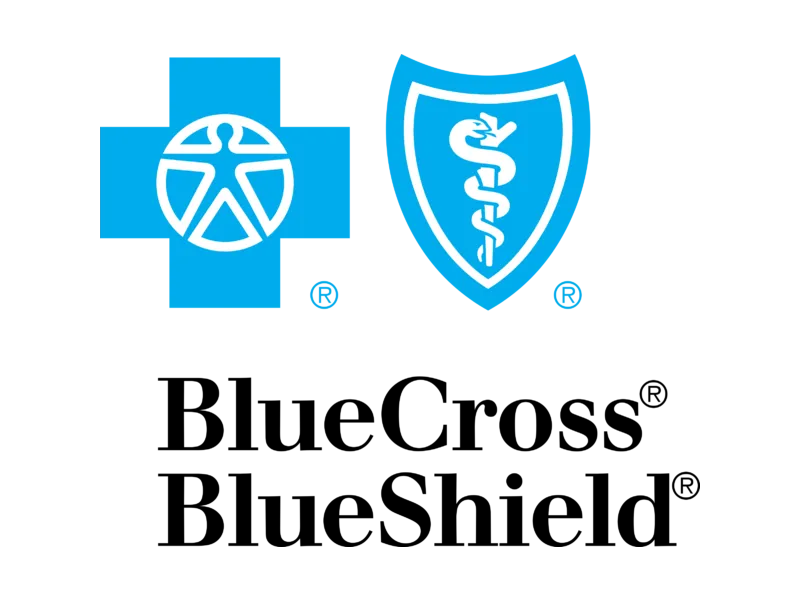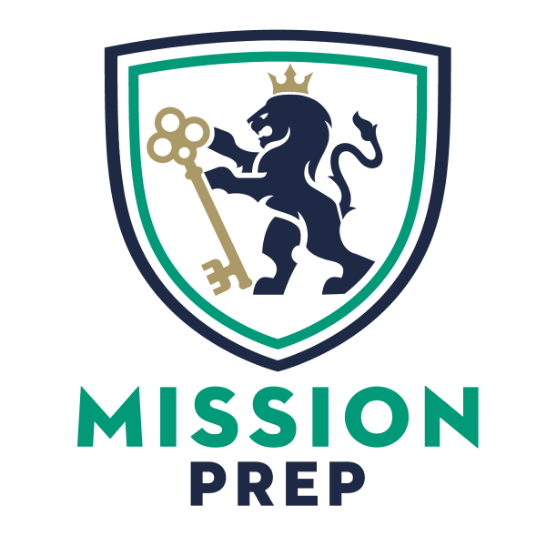Mission Prep treatment center offers individualized and effective care for teens struggling with anger issues. We recognize the importance of conducing a comprehensive evaluation during the intake process to fully understand each teen’s needs. Our treatment approach combines somatic experiencing, cognitive behavioral therapy (CBT), and dialectical behavior therapy (DBT) to equip teens with the tools to regulate their emotions and express anger in healthier, more constructive ways.



We utilize the biopsychosocial model to examine how biological, psychological, cognitive, and environmental factors shape the development and expression of anger. Our process focuses on thoroughly understanding the triggers, severity, and environmental influences that contribute to anger. This includes conducting comprehensive psychological evaluations, using structured tools to track progress, and collecting detailed histories from clients and their families.
Our individualized approach is designed to help teens create lasting strategies for emotional regulation and effectively managing anger. We assess the impact of anger on daily life, including relationships, school performance, and social connections. We also evaluate factors such as sleep, diet, responsibilities, and other lifestyle elements that can influence emotional health.
Dealing with an angry teenager is an exhausting experience for parents, caregivers, and educators. You may feel like you’re constantly walking on eggshells, dreading the unpredictability of your teen’s angry reactions.
The intensity of your teen’s anger can become difficult to manage over time, leaving you stressed, overwhelmed, and maybe even scared. If you’re feeling powerless trying to understand an adolescent’s anger issues, know that you are not alone and know that you can take steps to ease the overwhelm.
By learning how to identify anger issues in teenagers and looking for the signs, you can pinpoint when support is necessary. What’s more, once you know the interventions that are available, you can get your teen the support they need.
As difficult as teen anger is to deal with, professional help is available.
It’s normal for adolescents to feel irritable, grumpy, and moody and to want more independence from their parents and other supportive adults.1 They also tend to want to figure things out for themselves and will frequently seek out their peers for advice and support.
Mood swings can be a frequent occurrence in the teen years. They may seem happy one minute but then inexplicably irritable and angry the next. Adolescents may also express rebellious and even defiant behavior, regardless of whether they had always been compliant leading up to this.
However, while a certain level of anger is expected in teens, some anger issues in adolescence indicate a need for more intensive intervention. Warning signs of anger-related disorders in teens include:
If you’re concerned about intensive anger-related behaviors in your teen, it’s important to seek professional help.
Every teenager expresses anger differently depending on their individual personality and temperament. Some teens may show their anger outwardly, while others may keep their anger hidden internally, also known as repressed anger.6 Common signs of anger problems in youth include:
If your teen’s symptoms of anger continue to escalate or last for an extended period of time, this can indicate chronic anger. Seeking professional mental health support is important to identify appropriate treatment options.
While anger issues in youth can be unique and situational, there are a number of common causes that can trigger anger in teens. Let’s look at each of these in turn:
Residential anger treatment programs offer a supportive and intensive environment for teens struggling with anger issues and anger-related conditions.
Establishes a structured daily routine, fostering predictability and stability to help reduce feelings of anger and frustration.
Tailored to meet the unique needs and triggers of each teen, ensuring focused and effective anger management treatment.
Offers access to a multidisciplinary team of therapists, counselors, and medical professionals with expertise in adolescent anger management and mental health.
Engaging with peers who face similar challenges helps build a sense of community, reduces feelings of isolation, and encourages mutual support and understanding in managing anger.
Utilizes evidence-based therapies such as somatic experiencing, CBT, and DBT to address both the psychological and physiological aspects of anger.
Concentrates on developing coping strategies, emotional regulation skills, and resilience to help teens manage anger in their everyday lives.

Therapy for teens with anger problems is readily available with qualified professionals who provide counseling for angry youth. The mental health professionals at Mission Prep offer data-driven mental health therapy for teenage anger issues in a variety of settings to best meet the needs of teens and their families.
Treatment options include:
Mission Prep provides highly personalized and innovative therapy options with its youth anger rehabilitation programs. Therapeutic approaches include:
The mental health professionals at Mission Prep offer premium mental health treatment for adolescents and teens. Mission Prep takes a whole family approach to treatment and prioritizes the close involvement of parents and families.
Reach out to us by calling the Mission Prep support line to speak with a compassionate member of our team and learn more about our residential treatment programs. We will offer confidential information about our teen anger treatment centers, resources, and services.
We will also help you complete a HIPAA-compliant form to obtain detailed coverage information from your insurance company. This form is 100% confidential, and your insurance provider will not be notified. Private pay options are also available.
Remember that you’re not alone in dealing with an angry teenager. Let us help you and your family at Mission Prep and support your child on their journey to recovery.



Our facilities are an important part of the treatment process at Mission Prep. We believe it’s critical for our clients to have a safe and welcoming environment to build the tools they need to facilitate healing. Our modern and welcoming homes provide stability for adolescents who need a healthy place to develop and practice strategies to help lay the foundation for sustainable healing.









Find out if Mission Prep is right for you by reaching out to us and speaking with one of our admissions representatives.
